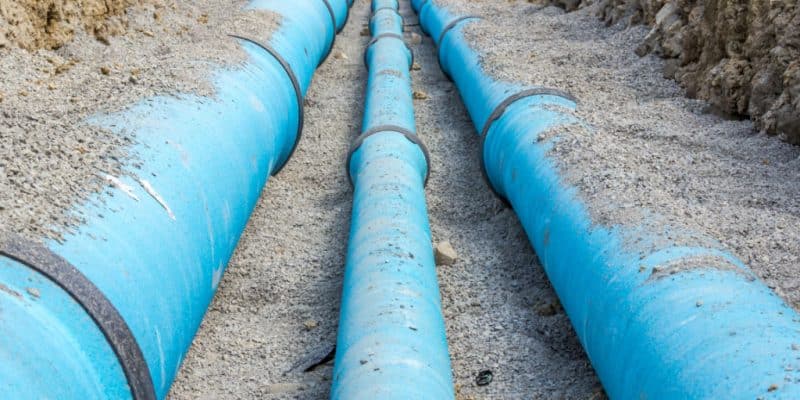The World Bank will support efforts to improve access to drinking water in Mozambique by financing a new project. The international financial institution is pledging $250 million.
The “Urban Water Security Project” will be launched soon in Mozambique. The initiative was unveiled on March 21, 2023 by the Mozambican Minister of Public Works, Housing and Water Resources, Carlos Mesquita. The project, which is still in the preparation phase, will be implemented in several cities in the south of the country prone to water shortages. The World Bank is supporting this drinking water project, which will improve service to thousands of people throughout the country.
Future works include improving water resources monitoring and maintenance plans for the four dams (Corumana, Pequenos Libombos, Massingir and Macarretane) operated by Southern Regional Autority Water (ARA-Sul); strengthening watershed and sediment management to reduce groundwater depletion and mitigate the environmental effects of drought; Expanding and upgrading the surface and groundwater monitoring network in aquifers serving the main urban centers in the southern region that depend on water for their survival; conducting a safety assessment of the Pequenos Limbombos Dam (Maputo’s main source), and developing and implementing a dam safety plan.
Read Also – AFRICA: Resource and source of life, water at the heart of sustainable development
As part of the drinking water project, an additional spillway will also be installed at the Corumana Dam,39 without increasing its footprint (storage volume and flooded area) to ensure its safe operation and to allow it to function at its full capacity. The international financial institution will finance the entire project through a $250 million loan. The promise of financing was made recently during the visit of Minister Carlos Mesquita to the headquarters of the group in Washington, United States of America.
Improving the efficiency of drinking water services
According to Mozambican authorities, the “Urban Water Security Project will also strengthen the efficiency of drinking water services in the East African country. “Strategic support will be provided to ARA-SUL38 to fulfill its mandate and continue to ensure water security for the southern region. This includes staff training, technical assistance, exchange of experiences with other countries and improved groundwater management,” the World Bank says.
By 2021, barely half of Mozambicans, or 32.04 million people, had access to a clean water source, according to a report by the United States Agency for International Development (USAID).
The government of Mozambique’s ambition by 2030 is universal coverage of its population with clean water. To achieve this goal, the authorities will also strengthen service in rural areas, notably through the “Rural and Small Town Water Security Project,” also funded by the World Bank through its subsidiary, the International Development Association (IDA).
The Government of Mozambique is using the $150 million IDA grant to build solar-powered water and sanitation infrastructure in 17 small towns in Zambezia (seven) and Nampula (ten) provinces and to put in place incentives, through performance-based contracts, to improve the financial and operational sustainability of these essential services.
Inès Magoum






